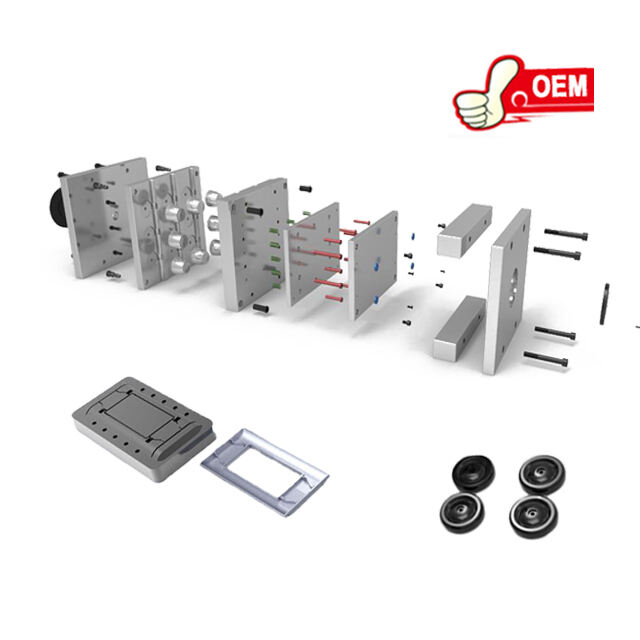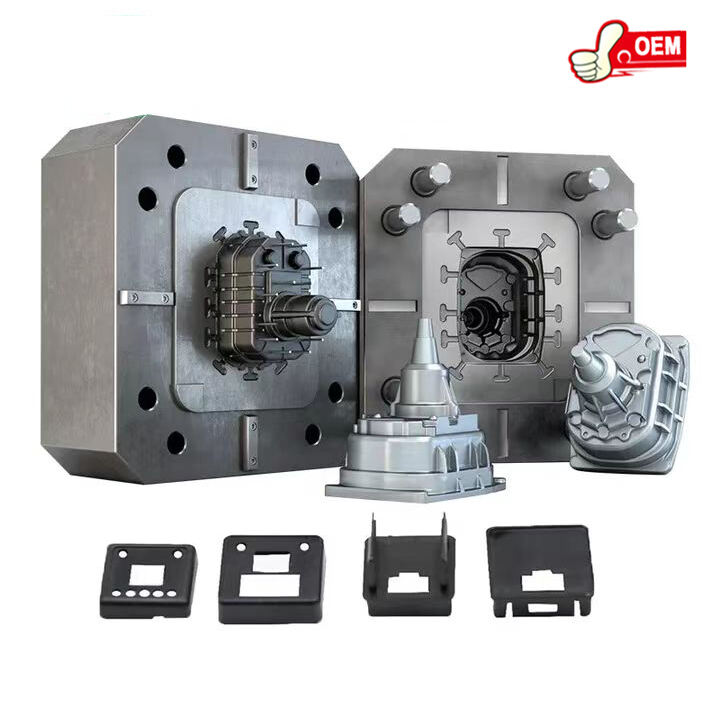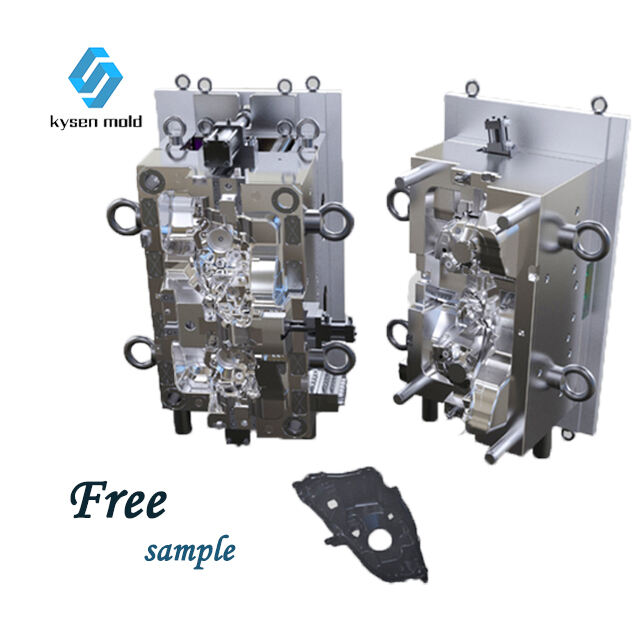plastic & silicone injection tooling and manufacturing
Plastic & silicone injection tooling and manufacturing is a precision process that involves creating molds and using them to produce high volumes of identical plastic or silicone parts. The main functions include mold design, mold fabrication, and the injection molding process itself. Technological features of this process encompass advanced software for precise mold design, state-of-the-art machinery for mold fabrication, and automated injection molding machines that ensure high consistency and quality of the final products. These parts find applications across various industries, from automotive and medical to consumer goods and electronics, where intricate and durable components are required.


